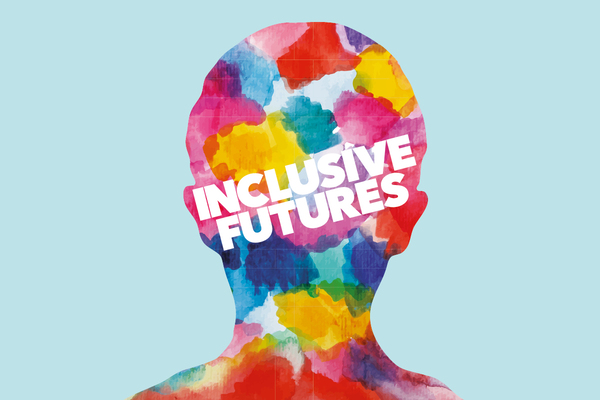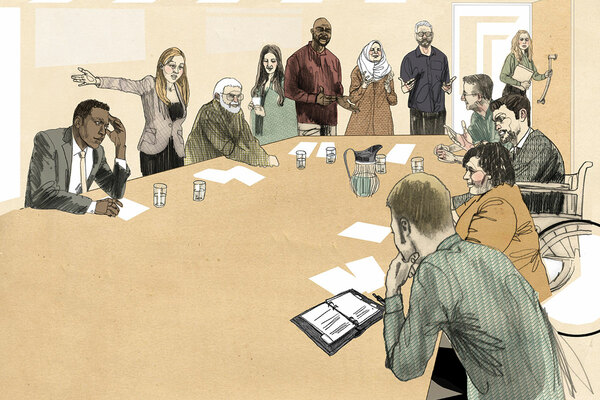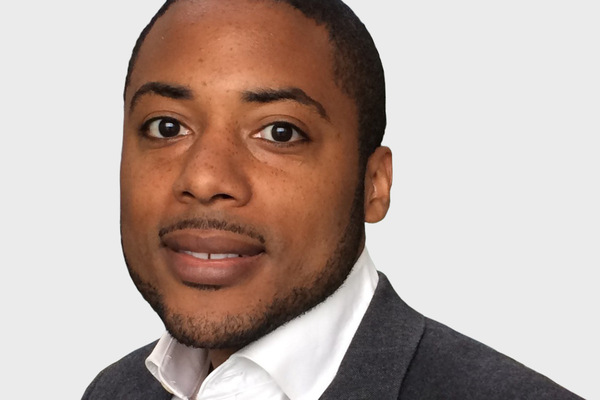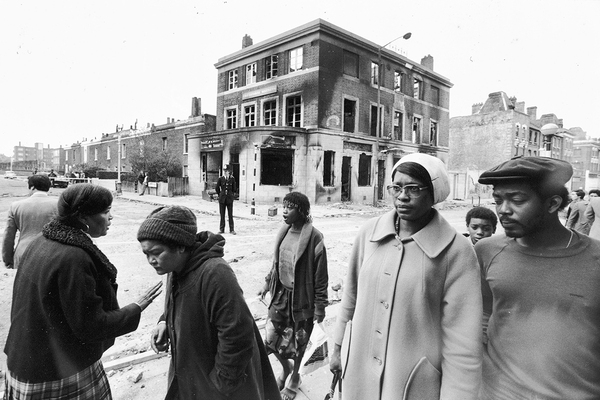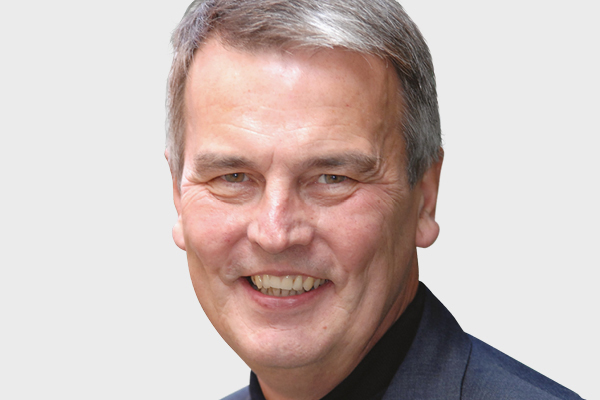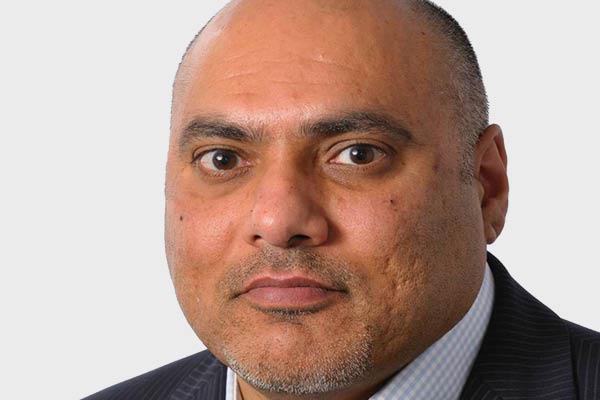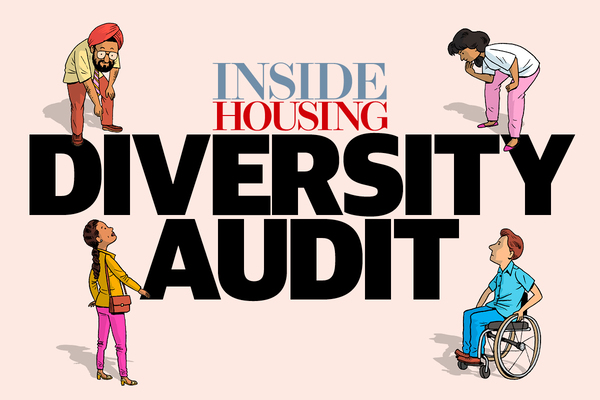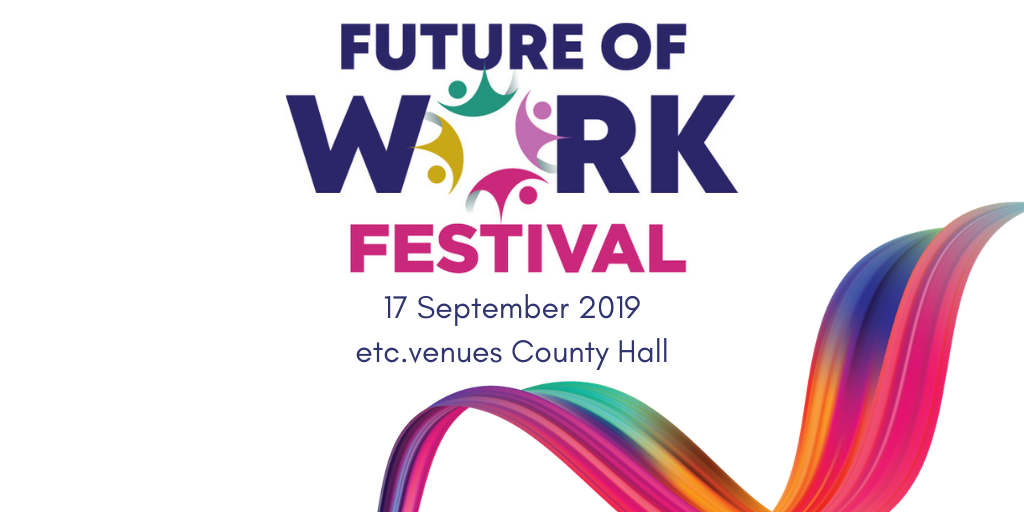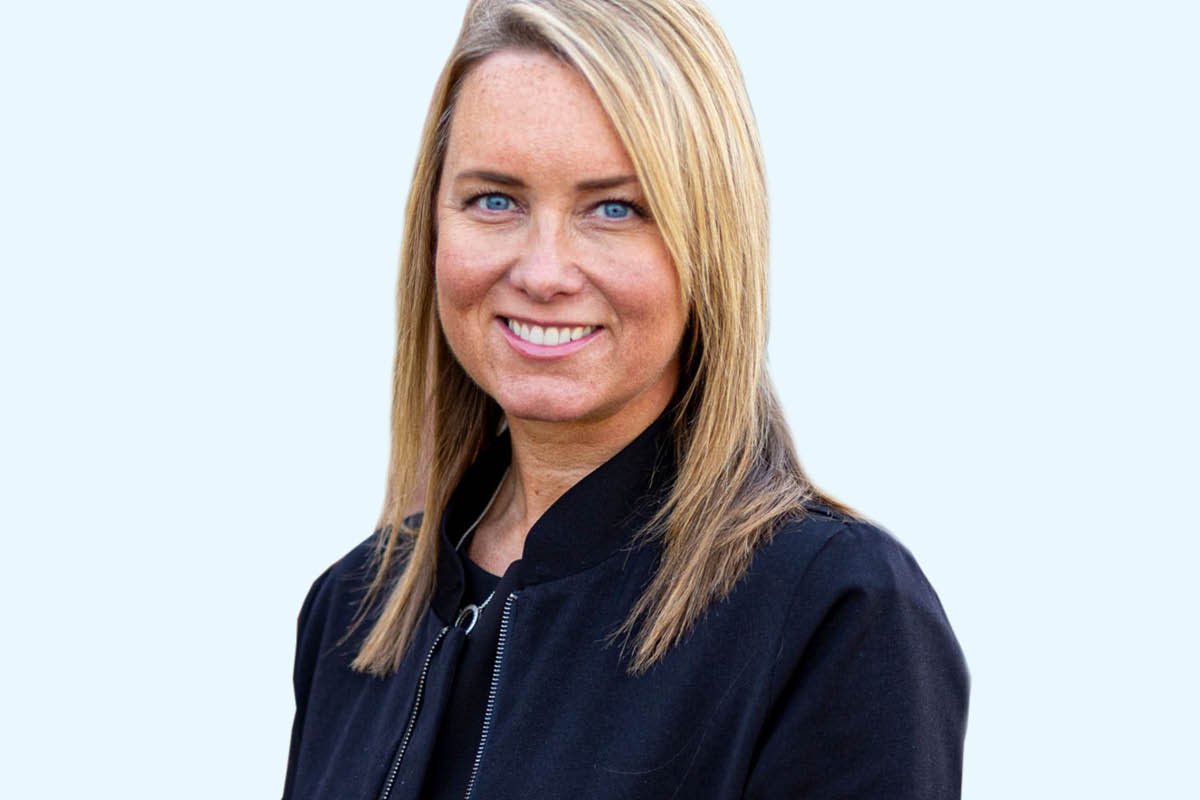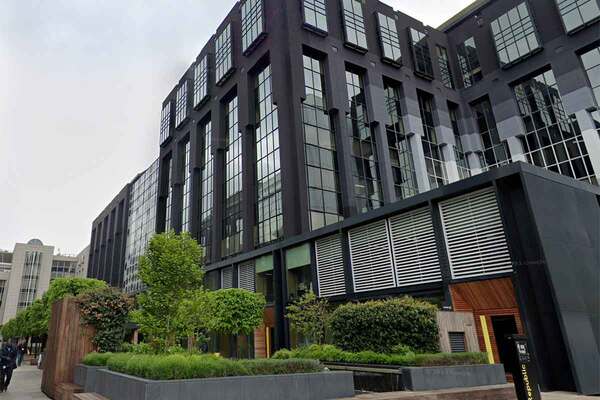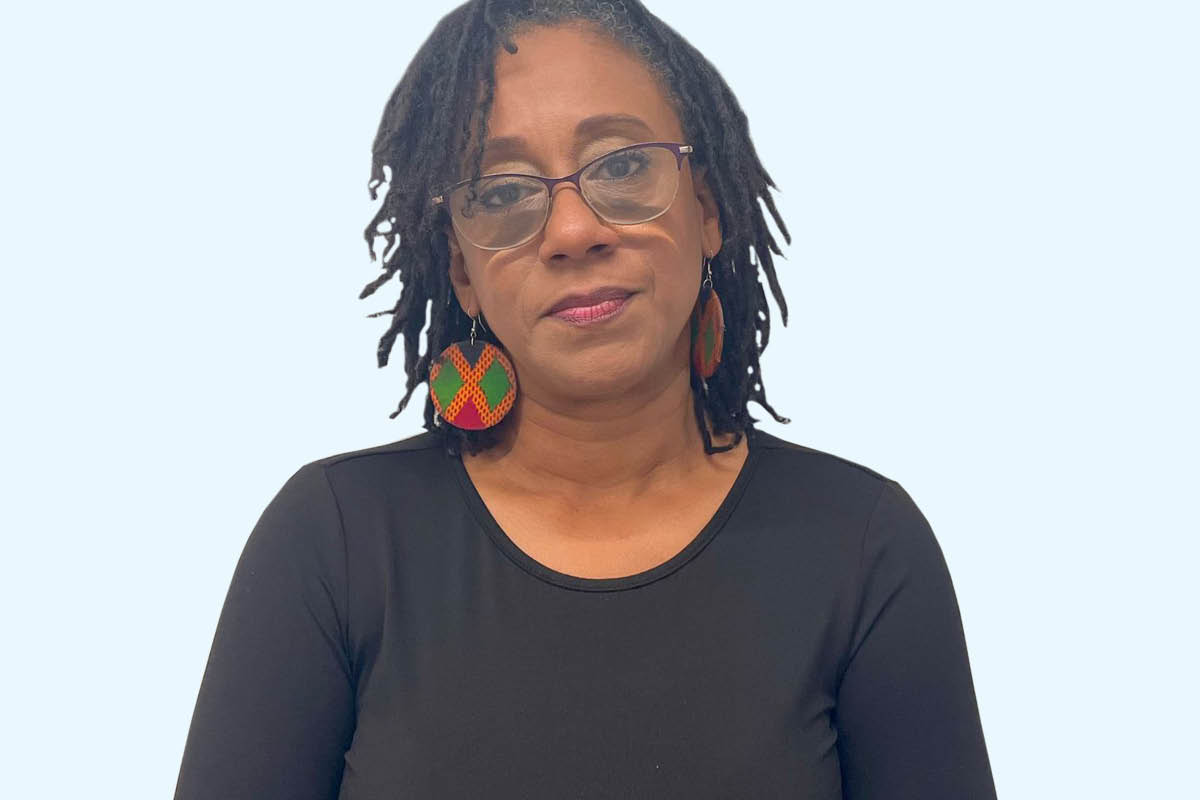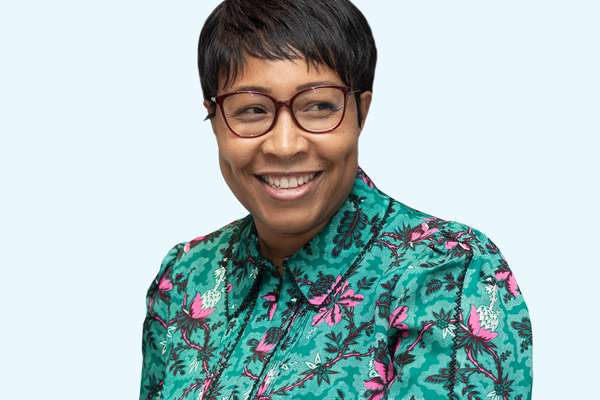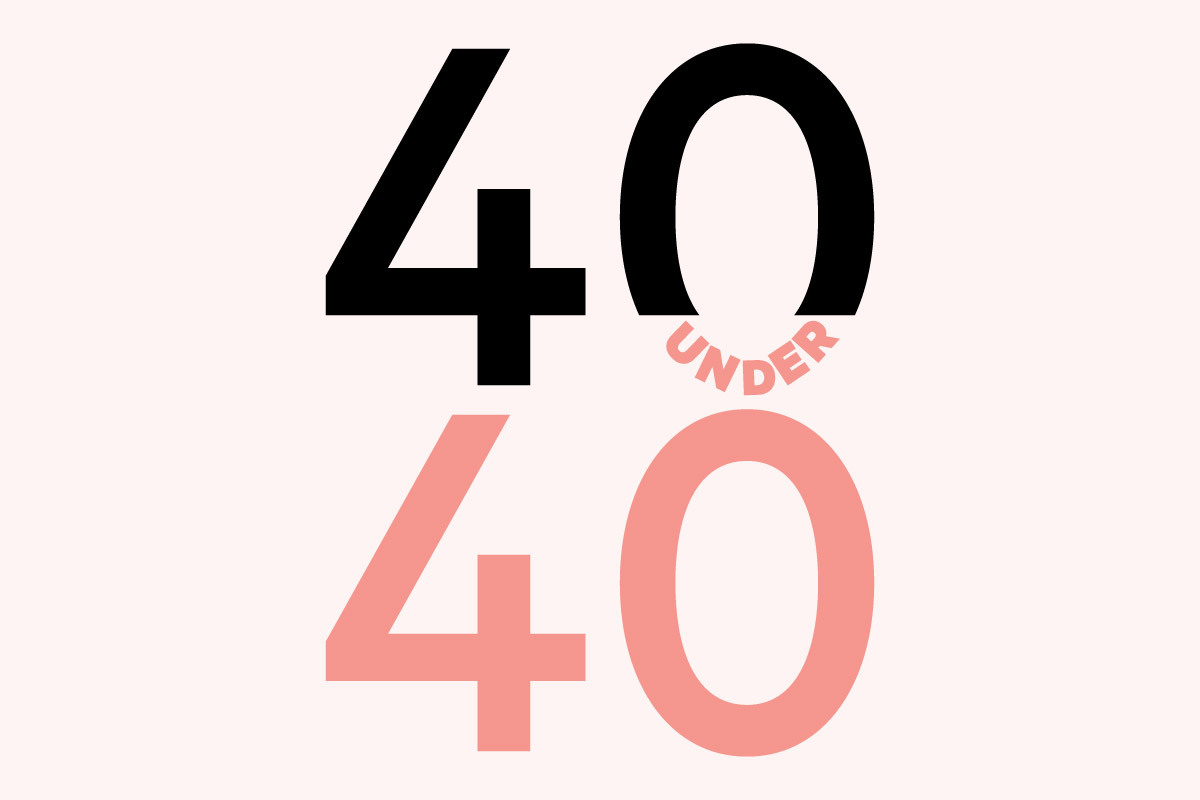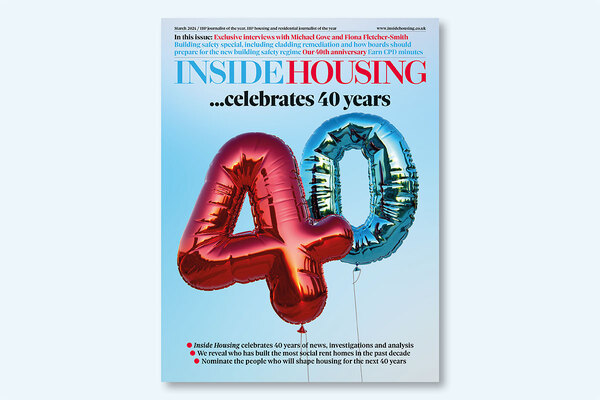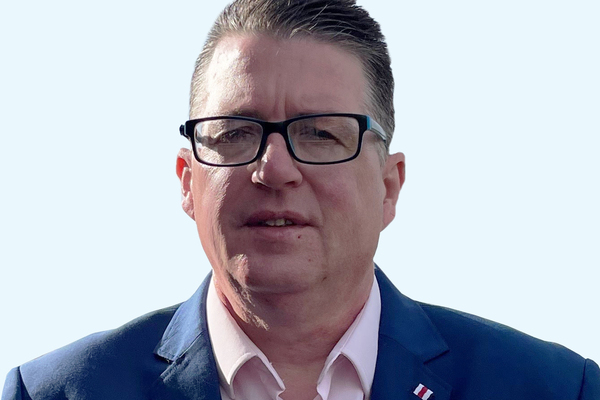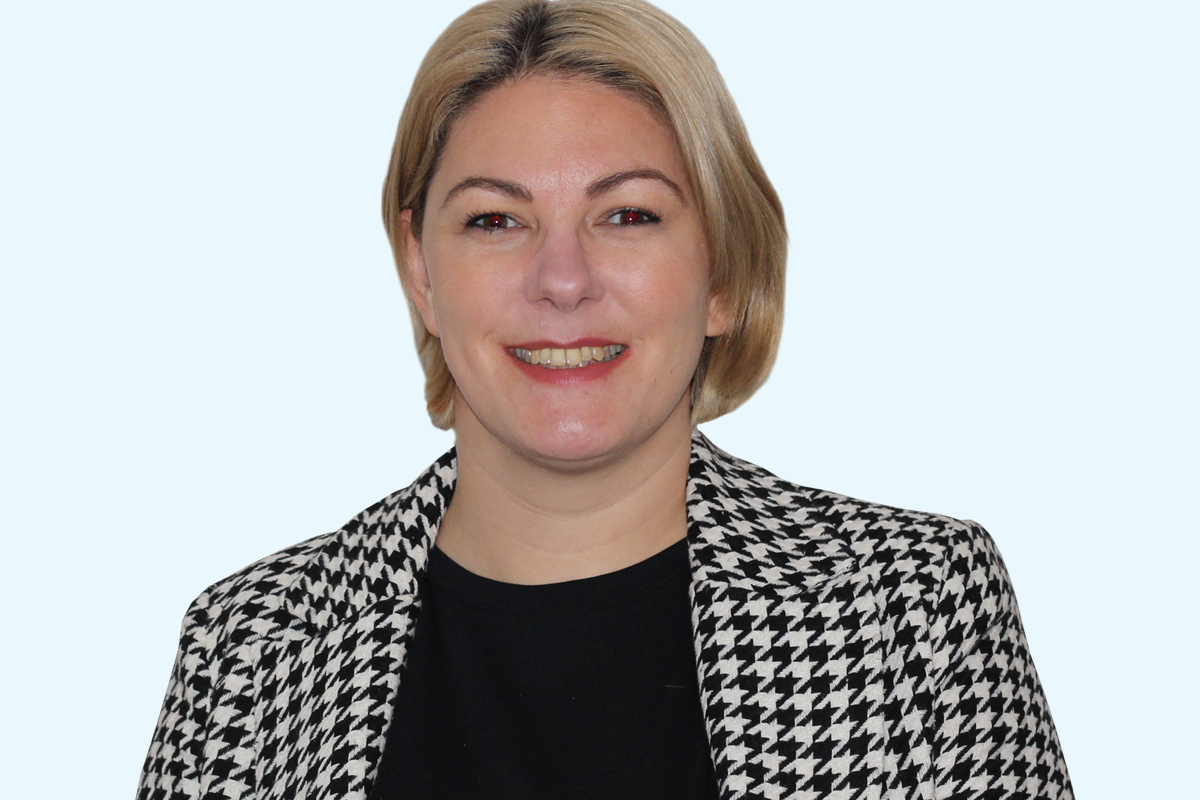You are viewing 1 of your 1 free articles
The sector must act now on diversity
Housing associations have a duty to represent the communities they operate in and should not wait for legislation to bring forward change, writes Geeta Nanda
Inside Housing’s Inclusive Futures campaign aims to promote diversity and inclusion among housing’s leadership teams
On 22 June we all celebrated Windrush Day, where events and parties were dedicated to those who came here to rebuild the United Kingdom and start a new life in the ‘motherland’.
Metropolitan Thames Valley is proud of our history as an association that was set up to better house those who came as part of the Windrush generation.
Stories from tenants that were housed at the very beginning are still a great source of inspiration.
Since our set-up, we have grown as a sector to house and employ millions of people. Yet, even though we have strong roots, housing associations are struggling to get to grips with diversity, as black, Asian and minority ethnic (BAME) representation in our sector is still clustered in frontline positions.
The data is illustrative: Inside Housing’s Inclusive Futures campaign last year found that just 4.5% of social housing executives and 6.8% of board members had a BAME background.
The business case for diversity is compelling, with substantial research to show that diversity brings many advantages.
Organisations that positively encourage diversity outperform those that do not.
Taking a broader, national perspective, an independent review by Baroness McGregor-Smith in 2017 estimated that the potential benefit to the UK economy from full representation of BAME individuals across the labour market, through improved participation and progression, is £24bn a year.
“The collective goal of every housing association should be to have a board and organisation that proportionately reflects the diversity of the communities in which it operates at every level”
When we consider the communities where we operate with a varied and diverse demographic, it stands to reason that housing associations with homogenous leadership teams risk being viewed as unrepresentative and out of touch by the communities they serve.
The collective goal of every housing association should be to have a board and organisation that proportionately reflects the diversity of the communities in which it operates at every level.
Arriving at this destination will take investment, commitment, determination and time. But we have a template for how this can be pursued.
Although there is undeniably still work to be done, the sector has made huge strides towards gender parity, with women better represented across all levels of our sector, including at senior management and board levels.
We need to give the same focus and attention to race.
The approach must include supporting a pipeline of people from BAME backgrounds into senior roles so they can gain the experience to run our housing associations.
This means helping people to move through our organisations and providing training, mentoring and encouragement along the way.
Metropolitan Thames Valley is not immune to the diversity and inclusion challenge, which is why we have partnered with race equality charity Olmec to create ‘Black on Board’.
This programme is designed to improve the racial diversity on governing boards of all kinds of organisation, from civil society and public sector organisations to private sector companies.
The programme runs over 14 sessions and provides training and mentoring for candidates, including support to identify and apply for board positions.
Participants gain valuable, transferable professional skills designed to build the confidence to operate at board level in any type of organisation.
The programme is open to all Metropolitan Thames Valley staff, from entry level through to senior management posts. We also took the decision early on to involve our customers and by 2020 the programme will have provided training for a total of 40 individuals, including four residents.
So far, out of the first cohort of 20, 14 participants have been offered a board position. Being on a board helps you to see how organisations are run from a different perspective and allows you to take a broader perspective on your job.
“We can wait for legislation to force us to act or we can grasp the nettle and admit that we can do more to represent all of society”
Scrutiny on diversity is not going to go away. The introduction of mandatory gender pay gap reporting has now enshrined in legislation a model that could be extended to cover other forms of diversity and inclusion, including ethnicity.
In January, a government consultation on ethnicity pay gap reporting closed. The outcome of that consultation is not fully known but it seems likely that in the future this will become a new requirement alongside gender pay gap reporting.
We can wait for legislation to force us to act or we can grasp the nettle and admit that we can do more to represent all of society.
Diversity is a journey every housing association needs to be on. We are all struggling with many of the same issues and the only way we can resolve them is to be open about the challenges and start action.
Geeta Nanda, chief executive, Metropolitan Thames Valley
Inclusive Futures
Inside Housing’s Inclusive Futures campaign aims to promote and celebrate diversity and inclusion.
We are pledging to publish diversity audits of our own coverage.
We are also committed to proactively promoting positive role models.
We will do this through the pages of Inside Housing. But we will also seek to support other publications and events organisations to be more inclusive.
Our Inclusive Futures Bureau will provide a database of speakers and commentators from all backgrounds, for use by all media organisations.
We are also challenging readers to take five clear steps to promote diversity, informed by the Chartered Institute of Housing’s diversity commission and the Leadership 2025 project.
THE INCLUSIVE FUTURES CHALLENGE
Inside Housing calls on organisations to sign up to an inclusive future by taking five steps:
Prioritise diversity and inclusion at the top: commitment and persistence from chief executives, directors and chairs in setting goals and monitoring progress.
Collect data on the diversity of your board, leadership and total workforce and publish annually with your annual report. Consider gender, ethnicity, disability, sexuality, age, and representation of tenants on the board.
Set aspirational targets for recruitment to the executive team, board and committees from under-represented groups.
Challenge recruiting staff and agencies to ensure that all shortlists include candidates from under-represented groups.
Make diversity and inclusion a core theme in your talent management strategy to ensure you support people from under-represented groups to progress their careers.
THE CASE FOR CHANGE
34%
of housing association chief executives are female
1%
of housing association executives have a disability
1.6%
of housing association board members are LGBT
Women make up 46% of the UK workforce, but Inside Housing research found that they are under-represented on housing association boards (36%), executive teams (39%) and among chief executives (34%).
Almost a fifth of working-age adults have a disability (18%), yet associations reported only 1% of executives and 4.5% of board members with a disability. Many were unable to provide details.
Nationwide, 14% of the working-age population come from a BME background, climbing to 40% in London and Birmingham. Yet our research found that 6.8% of board members identified as BME, compared with 4.5% of executives.
Statistics on representation of LGBT people in the workforce are in short supply, but official statistics suggest that 2% of the total UK population identify as lesbian, gay or bisexual, rising to 4.1% for 16 to 24-year-olds. Our survey found that 1.6% of board members and 10 executives were LGBT – but most organisations were unable to provide figures.
INSIDE HOUSING’S PLEDGES
We will take proactive steps to promote positive role models from under-represented groups and provide information to support change.
We pledge to:
Publish diversity audits: We will audit the diversity of the commentators we feature. We will formalise this process and publish the results for future audits twice a year.
Promote role models: We will work to highlight leading lights from specific under-represented groups, starting in early 2018 with our new BME Leaders List.
Launch Inclusive Futures Bureau: We will work with the sector to compile a database of speakers, commentators and experts from under-represented groups. The bureau will be available to events organisers, media outlets and publications to support them to better represent the talent in the sector.
Take forward the Women in Housing Awards: Inside Housing has taken on these successful awards and will work to grow and develop them.
Convene Inclusive Futures Summit: Our new high-level event will support organisations to develop and implement strategies to become more diverse and inclusive.
The Inside Housing Diversity Audit: how diverse has our coverage been?
The media plays a key role in championing diverse role models, so we designed a project to measure Inside Housing’s track record.
Future of Work Festival
New for 2019, Inside Housing’s Future of Work Festival will bring together HR and organisational development professionals from the housing sector to discuss and explore the challenges of how to successfully evolve towards the working environment of the future.
Seize this opportunity to rethink your workforces and workplaces by reconsidering the roles of individuals, organisations, automation technology and how society will approach work.
Assess and benchmark your business strategy with the leaders in the housing sector:
- Defining the Future of Work: what does it look like, what will be the implications, how do you rethink your workforce strategy?
- How to embed Electronic Data Interchange into your workforce, attract the widest pool of talent, be authentic and innovative, keep your workforce happy and productive, and position your brand
- Identifying, assessing and closing the skill gaps: what skills will be required in the future and how do you prepare for the undefined?
- Appealing to and maintaining a multi-generational workforce: how to address differing career aspirations, expectations, behaviours and values
- How best to implement the best tech, for example, big data, artificial intelligence, automation, blockchain and the Internet of Things. How will this change workplace skills and wages? How do you evolve towards a ‘STEMpathetic’ workforce?
- Providing your HR and OD department with the right skills and toolkits to revise talent, organisational structures and business models. Be social and environmentally friendly, and data driven – investing in disruptive tech, skills training and ethical use of tech
- Promoting well-being and employee experience
- Introducing training and learning as part of the career path
- Embracing agile working – understanding how flexible and alternative working arrangements can boost productivity
The festival will take place on 17 September, at Westminster Bridge, County Hall in London.


